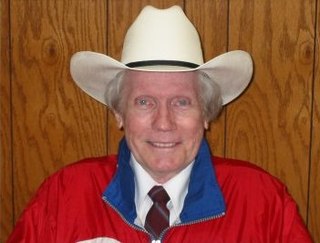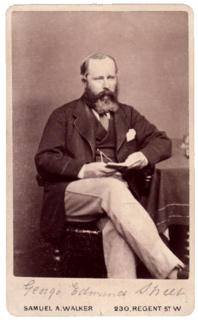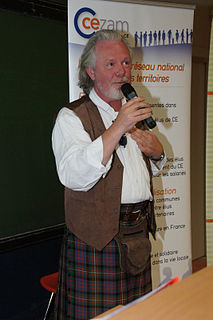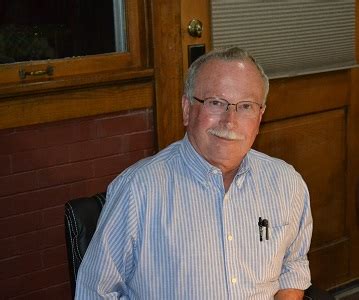A Quote by Jimmy Carter
I don't have any complaints about homosexuals being married in a civil ceremony. But I don't think that the government ought to require religious organizations, churches, should perform marriages between homosexuals if a local congregation decides otherwise. I believe in the autonomy of individual churches.
Related Quotes
I think it's alright if the government wants to say, in the state of Massachusetts, in the state of New York, in the state of California, that civil ceremonies should be accepted, I think that should be fine. I don't think that even those states that believe in civil marriages between homosexuals or ordained in a church should perform civil ceremonies.
What James Madison and the other men of his generation had in mind when they wrote the First Amendment was that there should be no official relationship of any character between government and any church or many churches, and no levying of taxes for the support of any church, or many churches, or all churches, or any institution conducted by any of them.
Homosexuals now pervade and control American government at every level and branch. Thus, only those churches that support and promote the militant homosexual agenda enjoy religious freedom. Any church in America that dares to preach what the Bible says about soul-damning, nation-destroying moral filth of the vile homosexual beasts among us, loses all Constitutional guarantees of religious freedom and speech rights.
But I must add that the U.S. government must not, as by this order, undertake to run the churches. When an individual, in a church or out of it, becomes dangerous to the public interest, he must be checked; but let the churches, as such take care of themselves. It will not do for the U.S. to appoint Trustees, Supervisors, or other agents for the churches.
There are many agreements across the so-called "world religions," at a certain level of abstraction. But when it comes to applying them in concrete situations they may lead to incompatible decisions. As an example, some people think that Christian ideas of sexual modesty suggest that homosexuals should be locked up, some people think that they mean that the churches should recongize gay marriages. But everyone believes in sexual modesty. I think there are universal moral truths, whether or not everyone accepts them. Here's one very low level but important one: it's very bad to torture people.
We mustn't assume that we are going to deinvent government solely from inside the Beltway or within one or two sessions of Congress. We will do it one step at a time, in one community at a time - at the local level and through local institutions like churches, nonprofit and volunteer organizations and families.
Contemporary American churches in particular do not require following Christ in his example, spirit, and teachings as a condition of membership-either of entering into or continuing in fellowship of a denomination or a local church.... Most problems in contemporary churches can be explained by the fact that members have not yet decided to follow Christ.
































